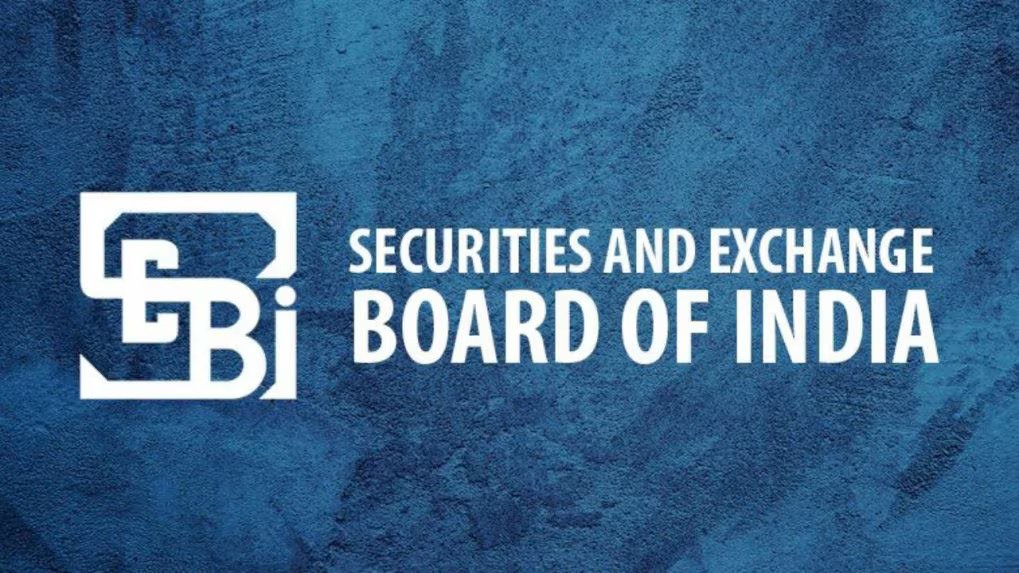India’s market regulator SEBI has uncovered and penalized a complex, multi-tier stock manipulation racket involving Telegram-based hype and coordinated trading in Darshan Orna Ltd shares. The scheme lured unsuspecting investors and artificially boosted the share price by nearly 90%.
The Securities and Exchange Board of India (SEBI) on Wednesday imposed a cumulative penalty of ₹3.87 crore on 11 individuals for rigging the share price of Darshan Orna Ltd (DOL). The scheme, which ran from September 2021 to June 2022, involved coordinated manipulation across Telegram channels, multiple trading accounts, and clandestine funding loops.
According to SEBI’s 81-page order, the scheme was carried out in three tiers:
- Tier 1: Orchestrated by Aakash Doshi, who acquired DOL shares using his and his father Dilip Doshi’s accounts. Kevin Kapadia played a financial enabler by using his wife’s trading account and helping with liquidity.
- Tier 2: Key funding came from Satyen Dalal, who disbursed ₹46 lakh in multiple tranches to the Doshi family during the accumulation phase. Interestingly, 90% of this amount was returned in the offload phase, hinting at a temporary but coordinated strategy.
- Tier 3: The hype machine was executed by Dhanpal Gandhi, who acted as the bridge between traders and Telegram. Alongside Amesh Jaiswal and Jalaj Agarwal, Gandhi disseminated misleading “buy” messages on the Telegram channel TBO, creating false excitement and perceived momentum around the stock.
A 335% Spike in Public Shareholders And a Carefully Timed Exit
The manipulation was not merely algorithmic or incidental. It was deliberate, structured, and targeted at retail investors. During the January–March 2022 quarter, public shareholder numbers for Darshan Orna skyrocketed from 1,732 to 7,536—an astounding 335% jump.
Simultaneously, the share price leaped from ₹77 to ₹146.70, nearly doubling within months. During this window, the orchestrators strategically exited their positions, booking profits worth ₹2.51 crore, all while misleading the general public into buying at elevated prices.
SEBI concluded that these trades created an “impression of increased price and volume,” and induced “gullible investors” to follow the digital trail laid out by the manipulators. The regulator termed the entire operation a textbook ‘pump and dump’ scam dressed in modern-day digital garb.
Regulatory Repercussions and Lessons for Retail Investors
SEBI’s investigation was triggered by suspicious Telegram recommendations around DOL and a noticeable surge in both price and volume. The watchdog found clear violations of PFUTP (Prohibition of Fraudulent and Unfair Trade Practices) norms and levied fines ranging from ₹10 lakh to ₹1.2 crore per individual. The accused have 45 days to comply with the order.
This case sheds light on a growing trend in securities fraud leveraging social media for market manipulation. Telegram, with its encrypted messaging and massive audience base, has become a fertile ground for “tip-based” pump-and-dump schemes that leave retail investors exposed and defrauded.
While this is not SEBI’s first crackdown on such digital-era malpractices, it stands out for the level of coordination, use of family accounts, financial recycling, and messaging platforms. The case now serves as a template for future surveillance and enforcement.
Summary at a Glance:
- Company Involved: Darshan Orna Ltd (DOL)
- Period Investigated: September 2021 – June 2022
- Key Platforms Used: Telegram channel TBO
- Public Shareholders Jumped: 1,732 to 7,536 (+335%)
- Share Price Jumped: ₹77 to ₹146.70
- Profits Booked: ₹2.51 crore
- Total Penalty by SEBI: ₹3.87 crore on 11 individuals
- Regulatory Breach: PFUTP Regulations



